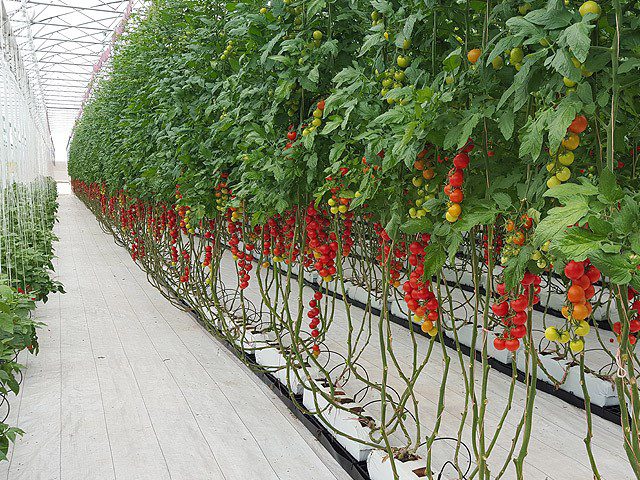Namibia is a country situated in South-Western Africa along the Atlantic Ocean, and it is home to five characteristic geographic regions: the Central Plateau, the Namib Desert, the Caprivi Strip, the Kaokoveld, and the Kalahari Desert—all of which greatly contribute to a rich ecosystem consisting of numerous indigenous plants. Native vegetation includes the marula nut, whose oil is an internationally sought-after commodity due to its beneficial cosmetic properties.
For thousands of years, Namibian women have been harvesting marula seeds and using traditional sun-drying techniques to cleave seeds and extract this precious oil for domestic usage and sale. Yet, despite localized use of marula oil, many of these impoverished, rural women do not have access to global trade. In response to this injustice, with the support of the Centre for Research Information, and Action in Africa—Southern African Development and Consulting, the Eudafano Women’s Cooperative (EWC) was established.
The purpose of the EWC is to provide an avenue in which rural Namibian women can “tap into their traditional knowledge of harvesting and processing the hard nuts of the marula tree, [not only] producing marula products at the household level but reaching an international market.” Through a combination of hand and machine mechanisms, these women, working in 27 associations, produce approximately 10 to 12 tons of oil each year, bringing in up to $15.4 million USD (United States dollars) in revenue. One of the first and largest contributors to this income is The Body Shop, a U.S.-based skin care company which uses marula oil in a wide variety of their products.
Additionally, not only are these women offered a means of supplemental income and financial sovereignty, but the EWC ensures that their harvested marula oil is sold at fair prices through their partnership with PhytoTrade Africa. This organization is committed to reducing poverty through the development of sustainable and equitable commercial sale of indigenous commodities.
Furthermore, the EWC operates in accordance with the BioTrade principles and criteria for biodiversity-based products and services, a set of sustainable business practices established by the United Nations Conference on Trade and Development. These principles strive to reinforce sustainable trade and investment for the conservation of biodiversity. The four key approaches to BioTrade’s Principles and Criteria include “the strengthening of value chains, identification of native species and ecosystems, the integration of social and environmental issues, and the betterment of impoverished communities through sustainable practices.” Under these guidelines, the EWC promotes the conservation of Namibian biodiversity as well as socioeconomic and ecological benefits enabled by the sale of marula oil for these women.
Furthermore, in keeping with the BioTrade principles and criteria, the EWC along with PhytoTrade Africa founded a project called “Ubuntu,” modelled on the South African philosophy that fosters the sharing of resources to collectively support the community, with the key idea being, “I am because you are.” This process involves the creation of cosmetic products without the use of petrochemicals. Known as “green chemistry,” the Ubuntu process contributes to reducing the global carbon footprint because of using sustainable and natural ingredients for cosmetics.
One of the first products to draw upon the Ubuntu process was Maruline, a natural marula oil product that garners antioxidant properties. According to the PhytoTrade, “By creating viable markets for products containing Maruline, local value is added [to the community], traditional culture is preserved, and we can be pretty sure that the marula tree will be conserved for generations to come.”
In the context of global NGOs, an organization with similar goals to the EWC is the High Atlas Foundation (HAF), a civil service organization in Morocco. To combat poverty and the deterioration of biodiversity, HAF has envisioned an agricultural initiative focused on tree planting. HAF grows a variety of native fruit trees on lent-in-kind which is attended to by rural farmers and women. By cultivating fruit trees, not only are these women supported financially, but they gain indispensable skills that allow for autonomy within the job market. Additionally, these nurseries have environmental benefits by sequestering carbon and reducing global emissions.
Both HAF and the EWC have the common goal of uplifting impoverished rural women by providing a means in which they can use tradition-based farming practices to enter international commerce and promote local sustainability. As the global population continues to rise, poverty will increase as natural resources and ecological diversity degrade. Yet, in the face of these unprecedented global threats, the EWC and HAF will serve as models for the future of female empowerment, poverty alleviation, and sustained biodiversity.





